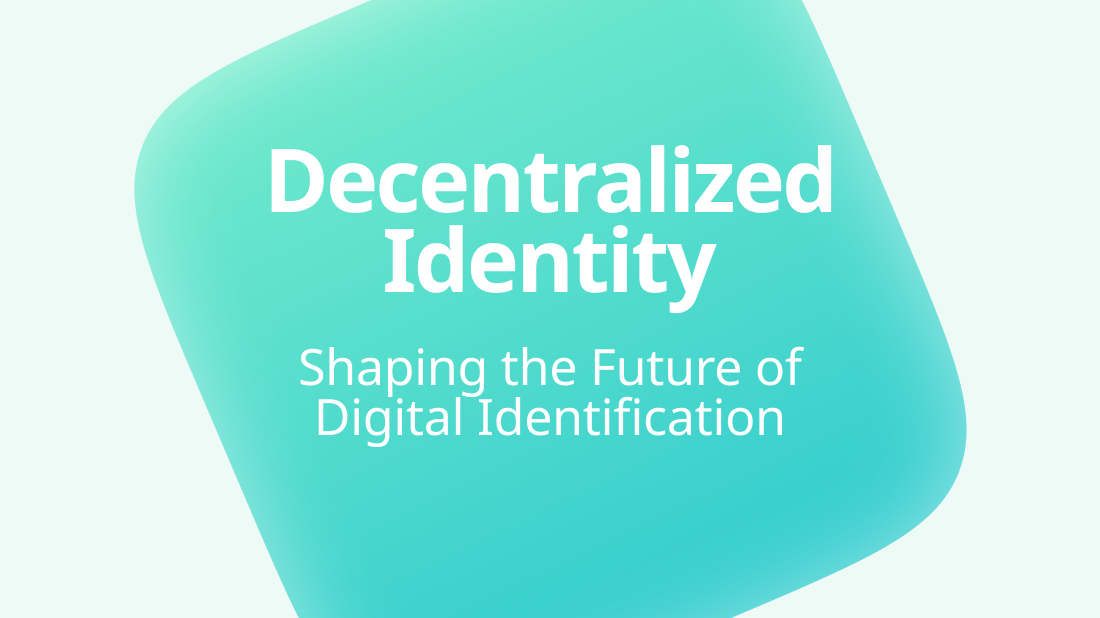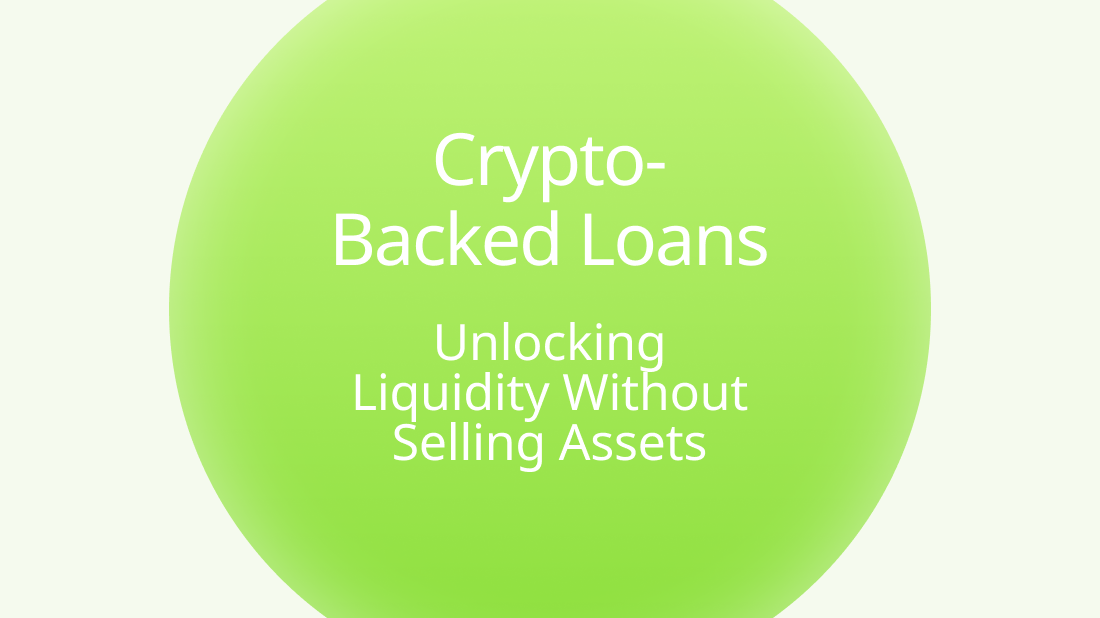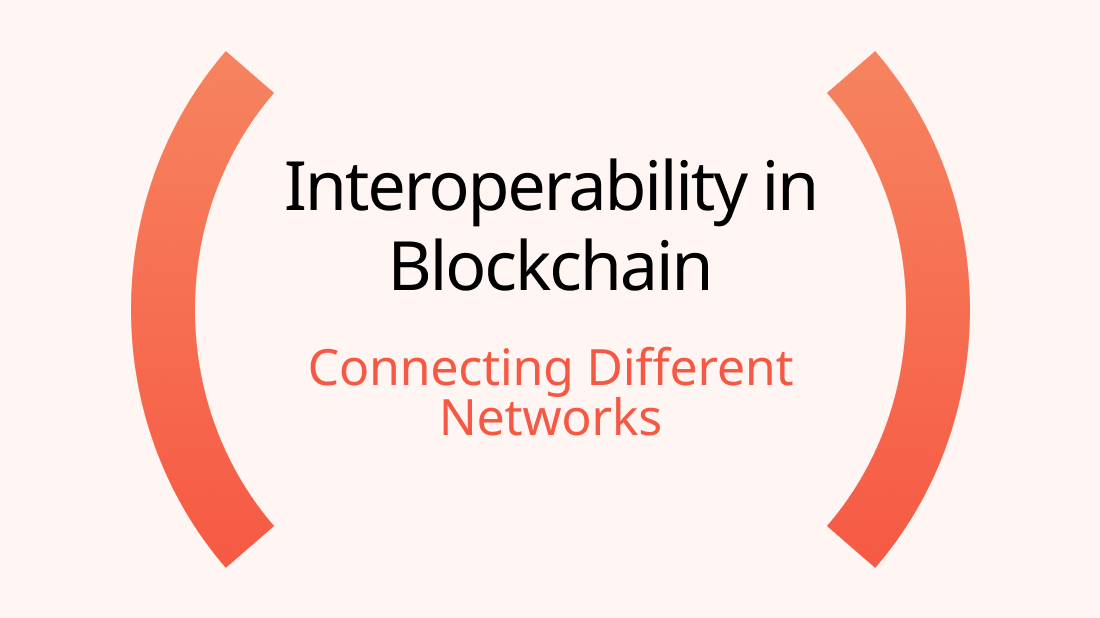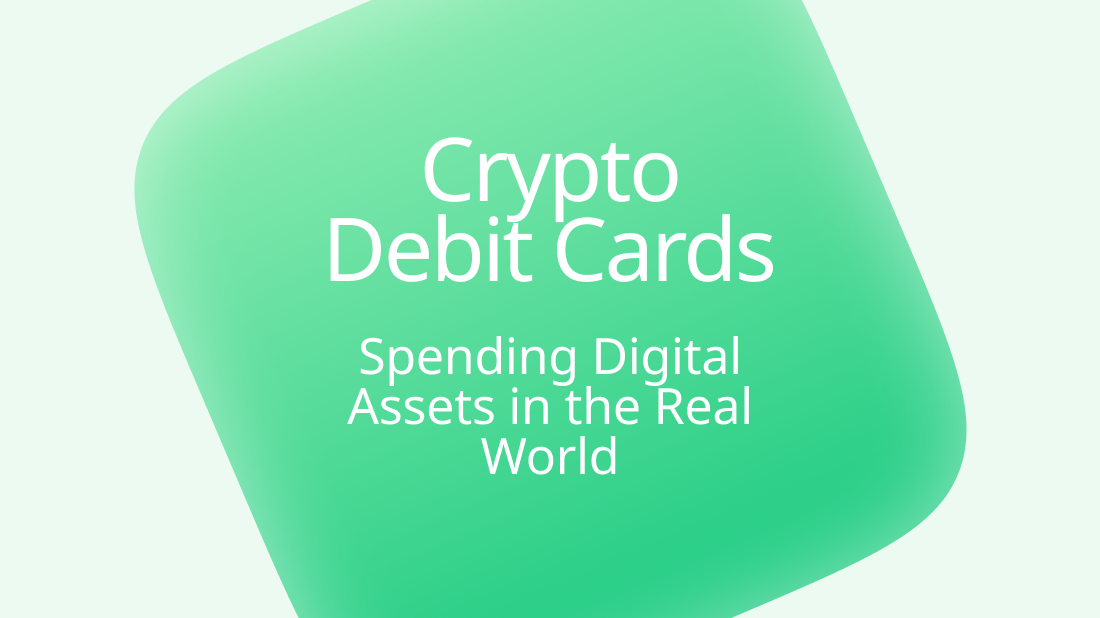Decentralized Identity: Shaping the Future of Digital Identification

In the digital age, the concept of identity has become increasingly complex. Traditional methods of identification often involve centralized authorities, leading to concerns about privacy, security, and data ownership. Decentralized identity offers a transformative solution, leveraging blockchain technology to empower individuals with greater control over their digital identities. This article explores the concept of decentralized identity, its potential to revolutionize digital identification, and the implications for individuals and institutions alike.
Understanding Decentralized Identity
Centralized identity systems rely on centralized authorities, such as governments or corporations, to validate and manage individuals' identities. Decentralized identity, on the other hand, shifts this control to the individual, allowing them to manage their identity information directly.
Blockchain technology serves as the backbone of decentralized identity systems. By leveraging the immutability and transparency of the blockchain, individuals can securely store and manage their identity data without relying on intermediaries.
Key Components of Decentralized Identity
- Self-Sovereign Identity:
Decentralized identity promotes the concept of self-sovereign identity, wherein individuals have full control over their identity information. This includes attributes such as name, date of birth, and credentials like educational certificates and professional qualifications.
- Decentralized Identifiers (DIDs):
Decentralized Identifiers are unique identifiers assigned to individuals on the blockchain. Unlike traditional identifiers, such as social security numbers or email addresses, DIDs are not tied to any central authority and can be controlled solely by the individual.
- Verifiable Credentials:
Verifiable credentials allow individuals to share specific pieces of identity information with third parties in a secure and verifiable manner. These credentials are cryptographically signed, ensuring their authenticity and integrity.
Advantages of Decentralized Identity
- Enhanced Privacy:
Decentralized identity puts individuals in control of their personal data, reducing the risk of data breaches and unauthorized access. By selectively sharing only necessary information, users can maintain their privacy while still participating in online interactions.
- Improved Security:
The immutability and cryptographic security of blockchain technology make decentralized identity systems inherently more secure than centralized alternatives. Unauthorized modifications to identity data are virtually impossible, enhancing overall security.
- Interoperability and Portability:
Decentralized identity solutions promote interoperability across different platforms and applications. Individuals can use their decentralized identifiers and verifiable credentials across various services, reducing the need for redundant identity verification processes.
Applications of Decentralized Identity
- Digital Identity Verification:
Decentralized identity has applications in various sectors, including finance, healthcare, and education. For example, individuals can use their decentralized identities to access banking services, share medical records securely, and verify academic credentials.
- Authentication and Access Control:
Decentralized identity solutions enable secure authentication and access control mechanisms. By leveraging decentralized identifiers and verifiable credentials, organizations can streamline user authentication processes while maintaining data security.
- Cross-Border Identity:
Decentralized identity has the potential to facilitate cross-border identity verification and authentication. Individuals traveling or relocating to different countries can use their decentralized identities to access services and prove their identities without relying on local authorities.
Challenges and Considerations
- Regulatory Compliance:
Regulatory frameworks around digital identity vary across jurisdictions and may pose challenges for widespread adoption. Balancing privacy, security, and regulatory compliance is essential for the successful implementation of decentralized identity solutions.
- User Adoption and Education:
Educating users about the benefits and functionalities of decentralized identity is crucial for widespread adoption. Many individuals are accustomed to centralized identity systems and may require guidance on transitioning to decentralized alternatives.
- Technical Complexity:
Building decentralized identity systems requires technical expertise in blockchain technology and cryptography. Overcoming technical challenges and ensuring the usability of these systems are key considerations for developers and organizations.
The Future of Decentralized Identity
Decentralized identity holds immense potential to revolutionize digital identification and authentication. As blockchain technology continues to mature and regulatory frameworks evolve, we can expect to see broader adoption of decentralized identity solutions across various industries. By empowering individuals with greater control over their digital identities and enhancing privacy and security, decentralized identity is poised to shape the future of digital interactions and pave the way for a more inclusive and secure online ecosystem.












